Discussion “The Cinema of In-Betweenness: Hybrid film, its creative potential and the problem of its definition"
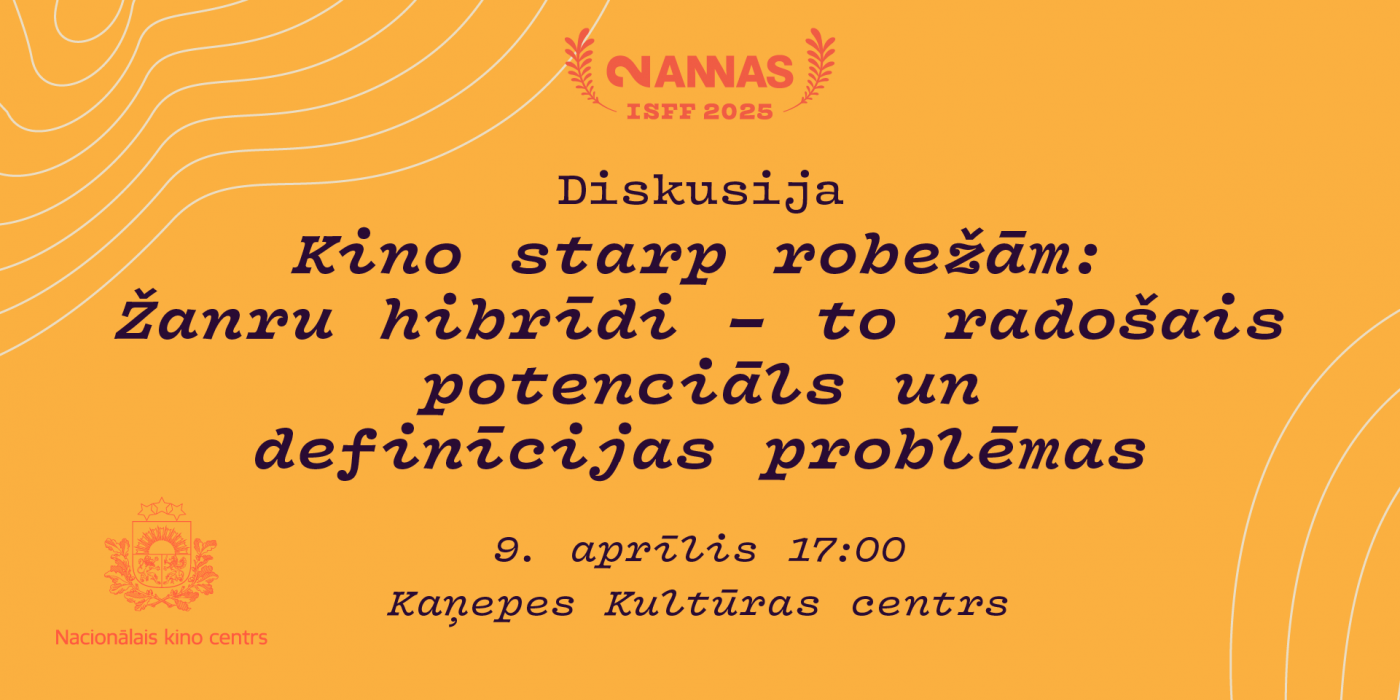
This discussion explores why and how genres are fused to create multi-layered artistic visions. We’ll examine how genre blending expands narrative and visual possibilities, influences audience perception, and what the future of hybrid films might look like. While hybrids push cinematic boundaries, enabling complex storytelling and creative freedom – especially in independent cinema – they also raise challenges. Does fusion dilute genre identity? How do ani-docs balance fact and fiction without compromising credibility? Join us as we tackle these and other key questions.
The discussion will be held in English on Wednesday, April 9, at 17:00 at Kanepes Kulturas Centrs, 1st-floor hall.
Admission to the event is free of charge and open to all.
PANELISTS
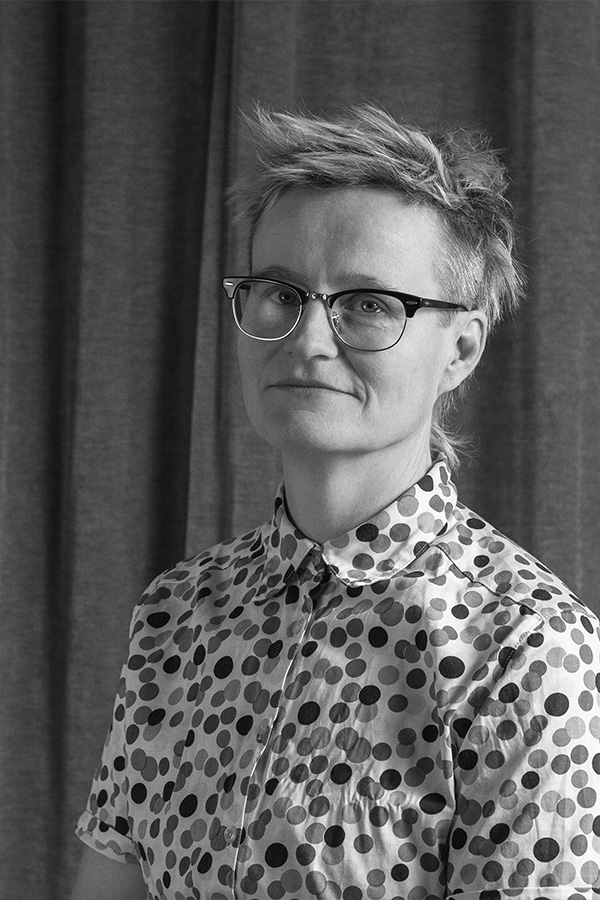
Riina Mikkonen, Finland
Moderator
Riina Mikkonen is executive director and programmer at Tampere Film Festival, Finland. Mikkonen is in the competition selection committee at Tampere Film Festival and has curated numerous short film programmes since she started her short film journey in 2005. Riina has a Master’s Degree in Media Studies from University of Turku and has also studied literature, art and culture history, gender studies and information science. She has experience also as a film critic, editor, librarian and information specialist. In cinema, she appreciates both the aesthetics and ethics and is interested especially in queer and environmental topics.
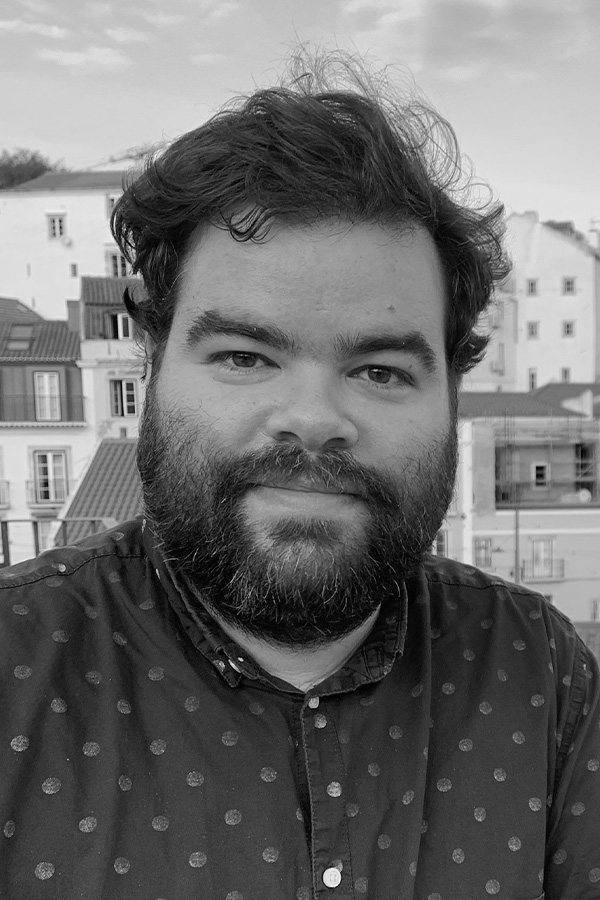
Filipe Caeiro, Portugal / Germany
Filipe Caeiro is a Portuguese filmmaker based in Cologne, Germany by way of Denmark and Scotland. He has a degree in Communication and Film Studies from the New University of Lisbon, Portugal and an MFA in Film Directing from the University of Edinburgh, Scotland. After spending the last few years as a Media Producer in the e-Learning sector, he's now in the early development stages of his first feature film.
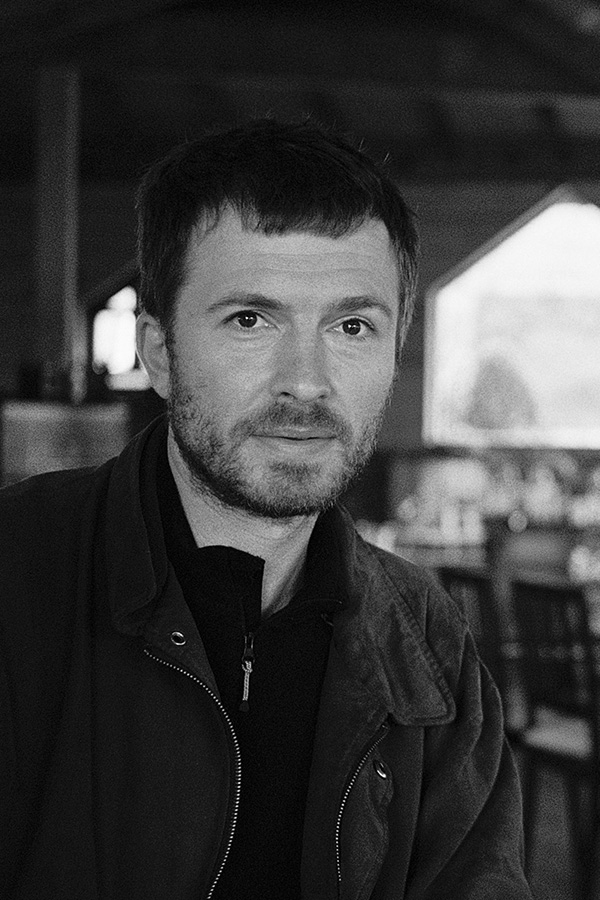
Nikita Diakur, Germany
Nikita Diakur is a Russian-born filmmaker based in Germany, known for using unconventional computer simulation methods to depict everyday activities. His films Ugly, Fest, and backflip have been shown at international exhibitions and festivals, earning several awards. In addition to filmmaking, he conducts lectures and workshops and has participated in the Artists-in-Residence program at Q21 in Vienna. He is also a member of the European Film Academy.
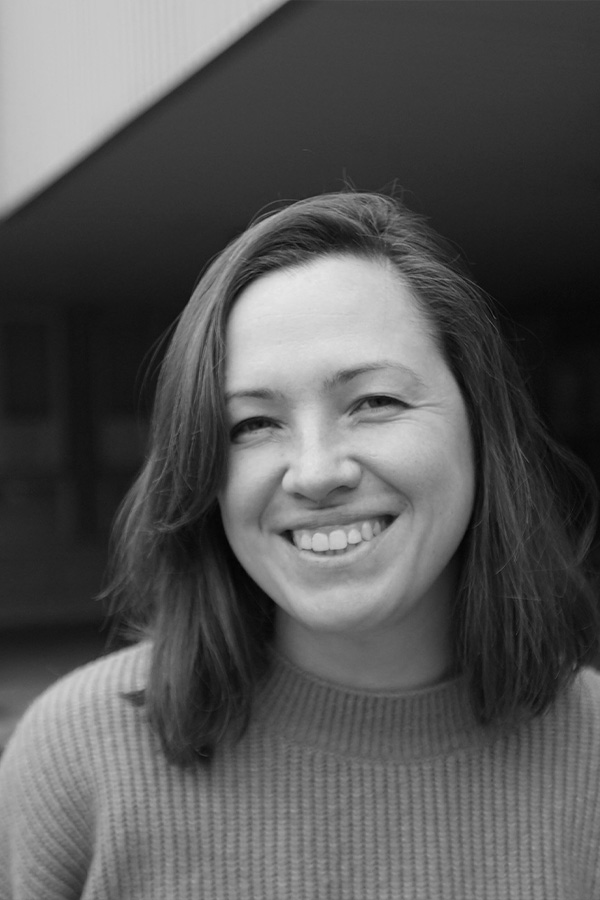
Magdalena Hejzlarová, Czech Republic
Magdalena Hejzlarová is a visual artist and stop-motion animation expert. She graduated from Prague’s Academy of Applied Arts and Design with her student short Hypnagogia (2017), premiered at Ji.hlava IDFF, depicting animated accounts of people describing their experiences of falling asleep. Magdalena worked at several art and animation studios in Prague. She is a commissioned artist and animator and has collaborated on remarkable films like La Traversée directed by Florence Miailhe (Honourable Mention at Annecy 2021) or Apart by Diana Cam Van Nguyen (BAFTA Student Film Award finalist). She assists artists with disabilities in a Prague-based art studio. Along with HUN TUN, Magdalena created a radio documentary and a podcast series for Czech Radio both concerning sleep and insomnia.
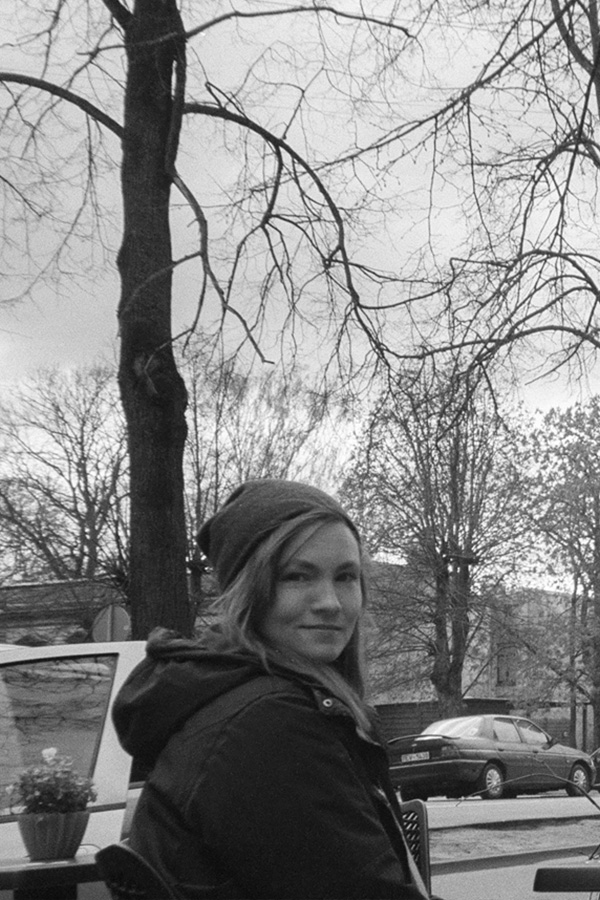
Anna Zača, Latvia
Anna Zača is a curator, author and project manager specializing in animated and short films. She studied Art History and Theory in Latvia, Animation in Estonia, and is pursuing Psychology at the University of Latvia. She has taken part in shaping Latvia’s film landscape –serving as the creative director of 2ANNAS ISFF, co-founding the Riga International Film Festival, and establishing SHORT RIGA, a section dedicated to short and artist films within the festival. From 2016 to 2024, she was the Head of the Latvian Animation Association and has been a Board Member of the European Animation Awards since 2018. As an emerging animation filmmaker, she is currently working on her short puppet film Nesting.
2ANNAS Forum is organized with the support of the National Film Centre, Creative Europe MEDIA Desk in Latvia and the Goethe-Institut in Riga.

